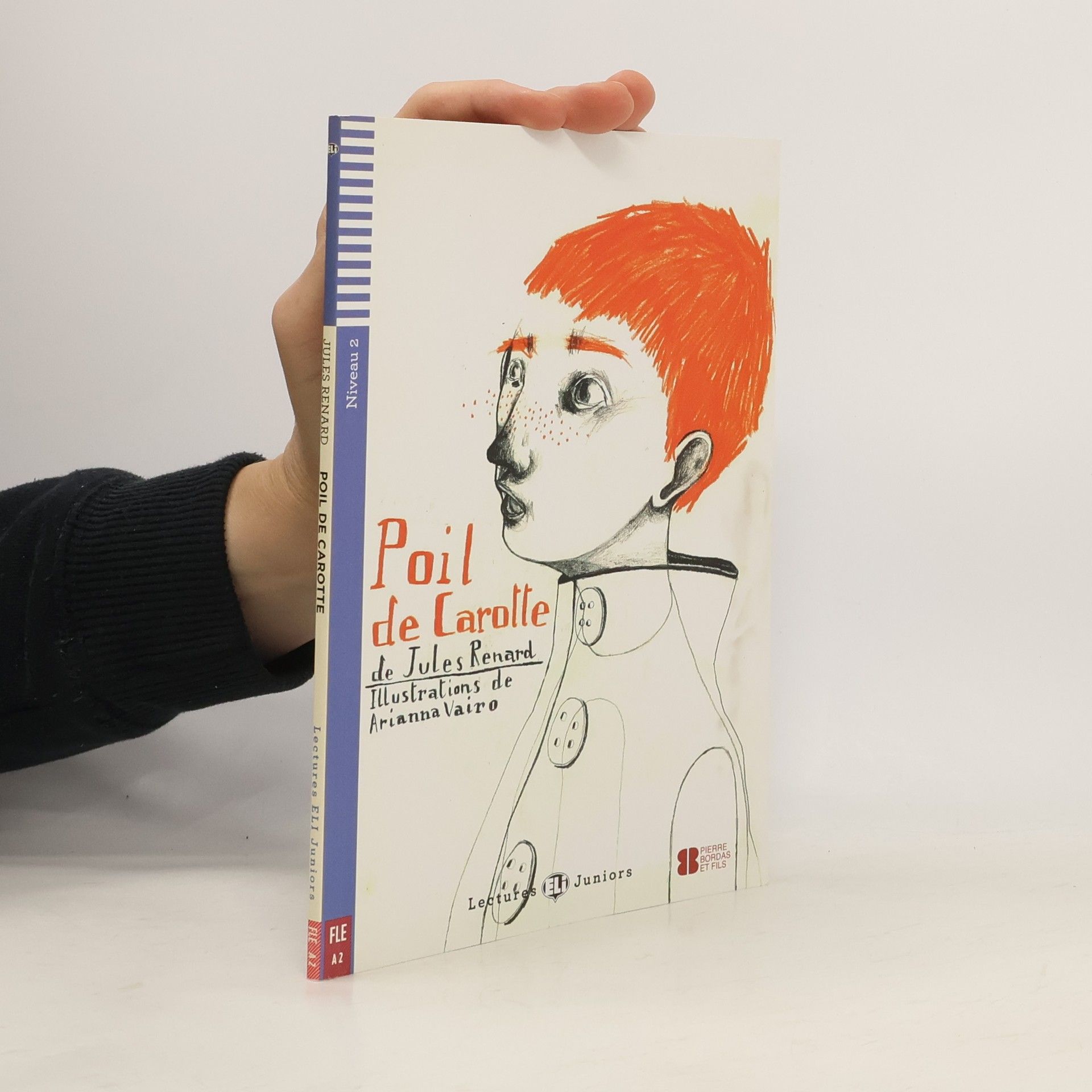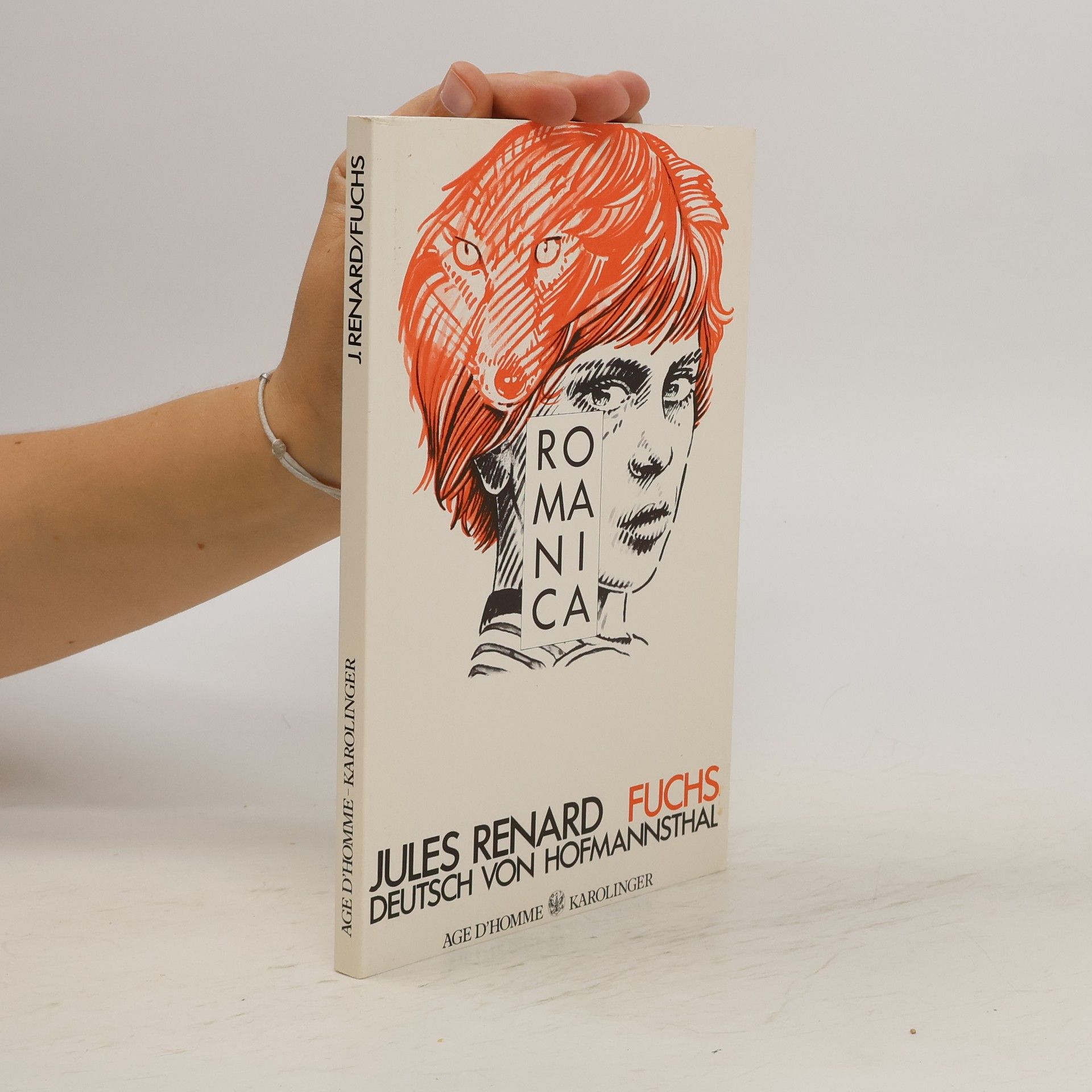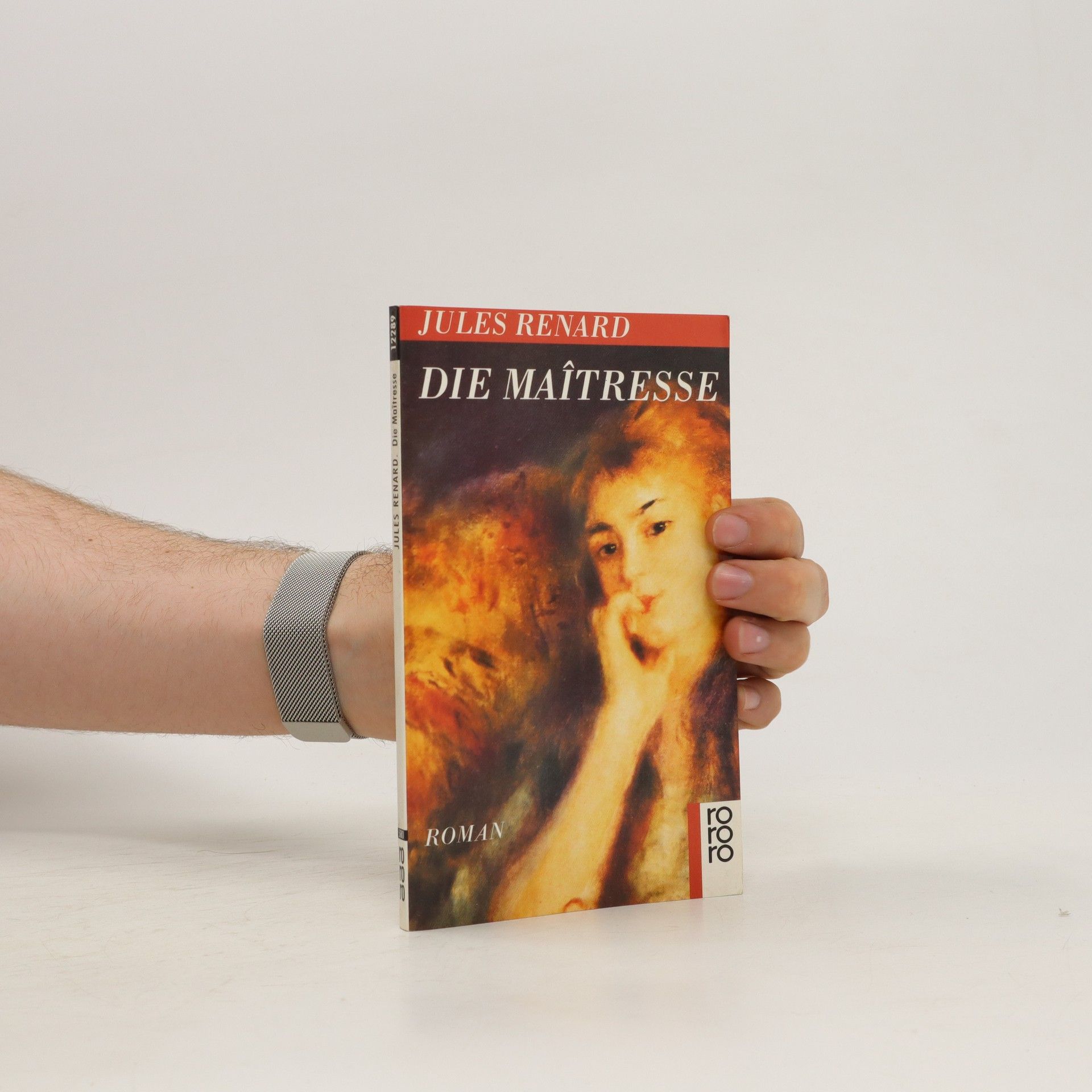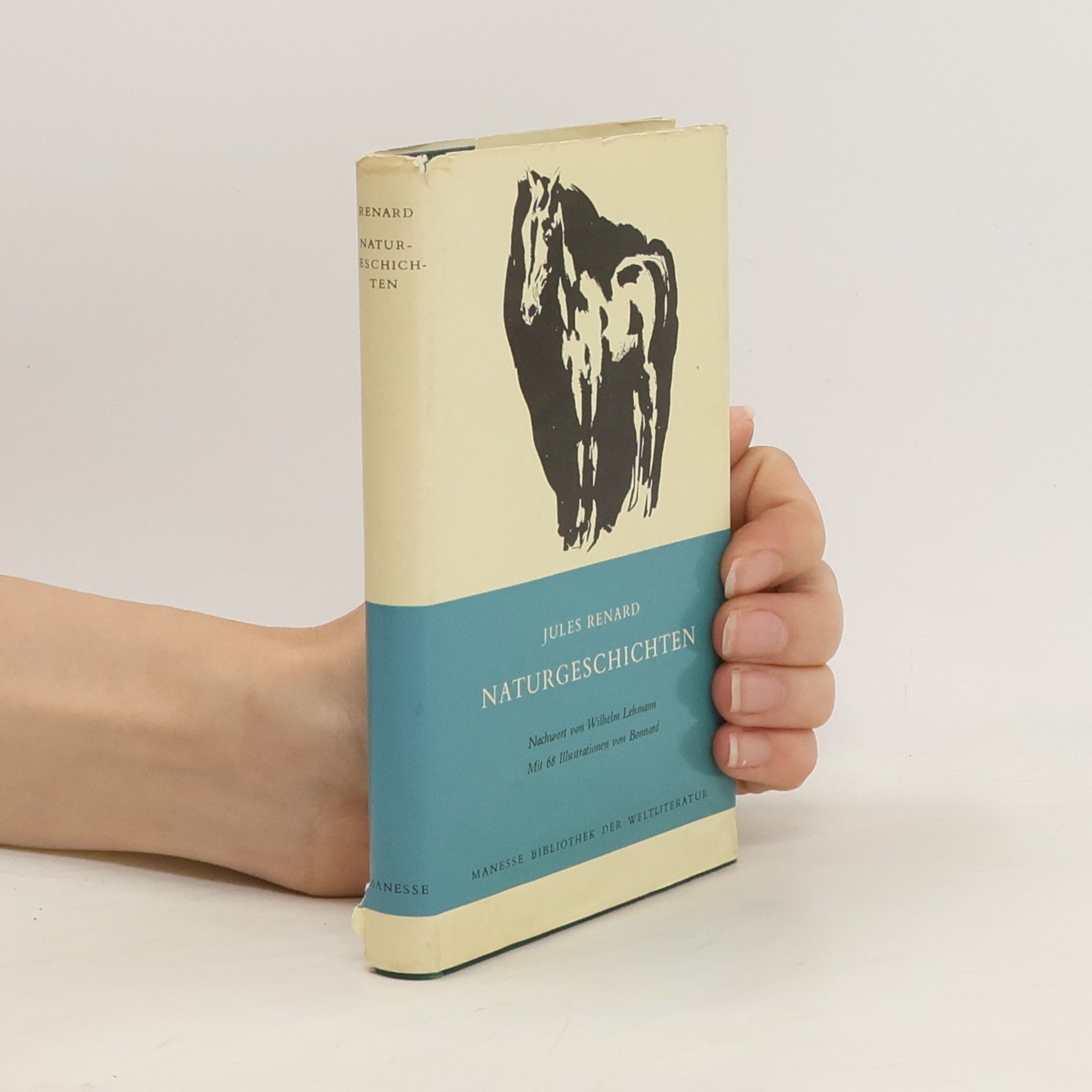Julian Barnes' exclusive selection from the classic French work, newly translated by Theo Cuffe
Jules Renard Libros
Jules Renard fue un autor francés celebrado por sus agudas observaciones de la naturaleza humana y su magistral uso del lenguaje. Su estilo se caracteriza por una sutil ironía y un agudo ingenio, adentrándose a menudo en las complejidades de las dinámicas familiares y la soledad. La obra de Renard explora los matices psicológicos de sus personajes con notable sensibilidad. Su legado literario reside en su capacidad para capturar momentos fugaces de la vida con profunda honestidad.






Nicht so laut, bitte!
Wenn Sie die Wahrheit sagen, schreien Sie immer so.
»Manche Leute sind so langweilig, dass man mit ihnen in fünf Minuten einen ganzen Tag verliert«, notierte Jules Renard in seinem Tagebuch, das als sein literarisches Hauptwerk gilt. 46 Jahre alt ist der Dichter, Schriftsteller und gefürchtete Kritiker der Jahrhundertwende geworden, in seinem kurzen Leben hat er 54 Tagebücher gefüllt: Alltagsbeobachtungen und literarische Miniaturen, Gedankensplitter und Aphorismen, moralische Reflexionen und Naturbeschreibungen, die scheinbar unverbunden nebeneinander stehen. Mit spitzer Feder schreibt Renard über seine Zeitgenossen und die künstlerisch-literarischen Pariser Kreise, in denen er sich bewegt. Mal witzig, mal melancholisch - immer scharfsinnig. Die geistreichsten Notate hat Nikolaus Heidelbach für diesen Band zusammengestellt und illustriert.
Simon Werle, geboren 1957, ist Autor und Übersetzer. Er hat u. a. Theaterstücke von Koltès, Genet, Duras und Beckett, Operntexte und Tragödien ins Deutsche übertragen. Für seine Nachdichtung der Tragödien Racines wurde er mit dem Paul-Celan-Preis und dem Johann-Heinrich-Voß-Preis ausgezeichnet. Für seine Übersetzung von Baudelaires „Fleurs du Mal“ erhielt er 2017 den Eugen-Helmlé-Preis. Der Paul-Scheerbart-Preis wurde ihm 2020 für seine bei Rowohlt erschienenen Neuübersetzungen von Baudelaires Gedichten und Prosagedichten verliehen.
Fuchs
Poil de Carotte
Das knappe, im deutschen Raum wenig bekannte Meisterwerk des Naturalismus erfaßt die Tragödie eines Kindes. Die Übersetzung stammt von Hugo von Hofmannsthal.
Un roman autobiographique de Jules Renard, qui raconte l’enfance et les déboires d’un enfant mal aimé. Dans cet ouvrage: - des dossiers culturels ; - un glossaire des mots et expressions difficiles - des exercices DELF ; - des activités ludiques tres variées. Themes : - Sentiments - Famille L’histoire se déroule dans un petit village français. Poil de Carotte est le cadet de la famille Lepic. Il doit son nom a la couleur de ses cheveux. Personne n’aime cet enfant et tout le monde l’ignore, sauf son parrain qui l’accueille parfois. Découvrons ensemble ses aventures ! Contenus Vocabulaire La famille Les parties du corps Les animaux de la campagne La cuisine Grammaire Le présent de l’indicatif Le passé composé La phrase négative Les adjectifs possessifs
Histoires naturelles
- 187 páginas
- 7 horas de lectura
Dans cette édition des 'Histoires naturelles' sont rassemblés plus de 70 portraits d'animaux. En véritable poète et en maître de l'expression condensée, l'auteur de 'Poil de carotte' fixe les figures du cheval, de la vache, de l'âne ('le lapin devenu grand'), du crapaud... Par des traits brefs et fermes, il nous transmet son amour pour les bêtes.
Poil de Carotte a beau se taillader les joues pour qu'elles rosissent, personne ne l'embrasse. Mme Lepic n'aime pas son petit dernier aux cheveux roux. «Tout le monde ne peut pas être orphelin», se répète Poil de Carotte, et il nous livre ses idées personnelles, «ainsi nommées parce qu'il faut les garder pour soin. Ni la générosité ni la sincérité ne paient dans le monde des adultes. Il faut ruser. L'existence de Poil de Carotte est un enfer dont il ne s'échappe que par une cruelle lucidité. Jules Renard a écrit là un chef d’œuvre d'ironie, d'intelligence et de tendresse. « Qui a lu une telle œuvre ne peut l'oublier », affirme en regard Robert Sabatier.
Die Lust sich zu trennen
- 83 páginas
- 3 horas de lectura



